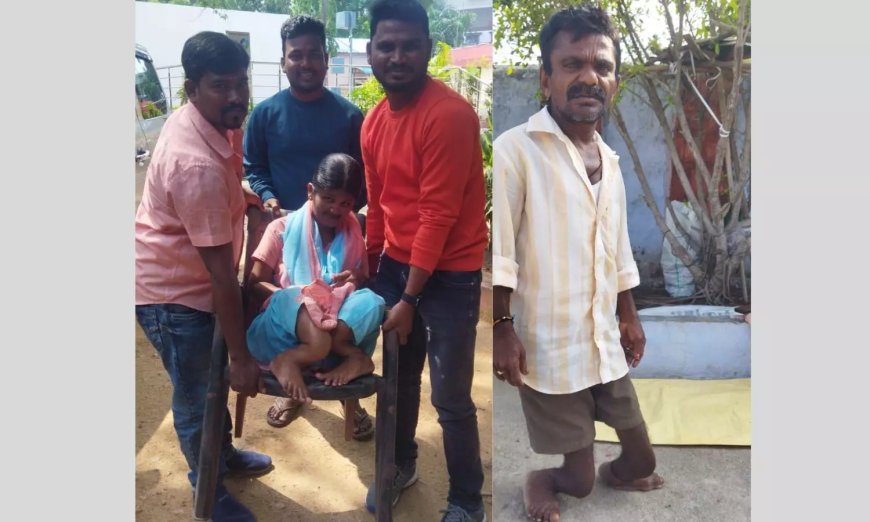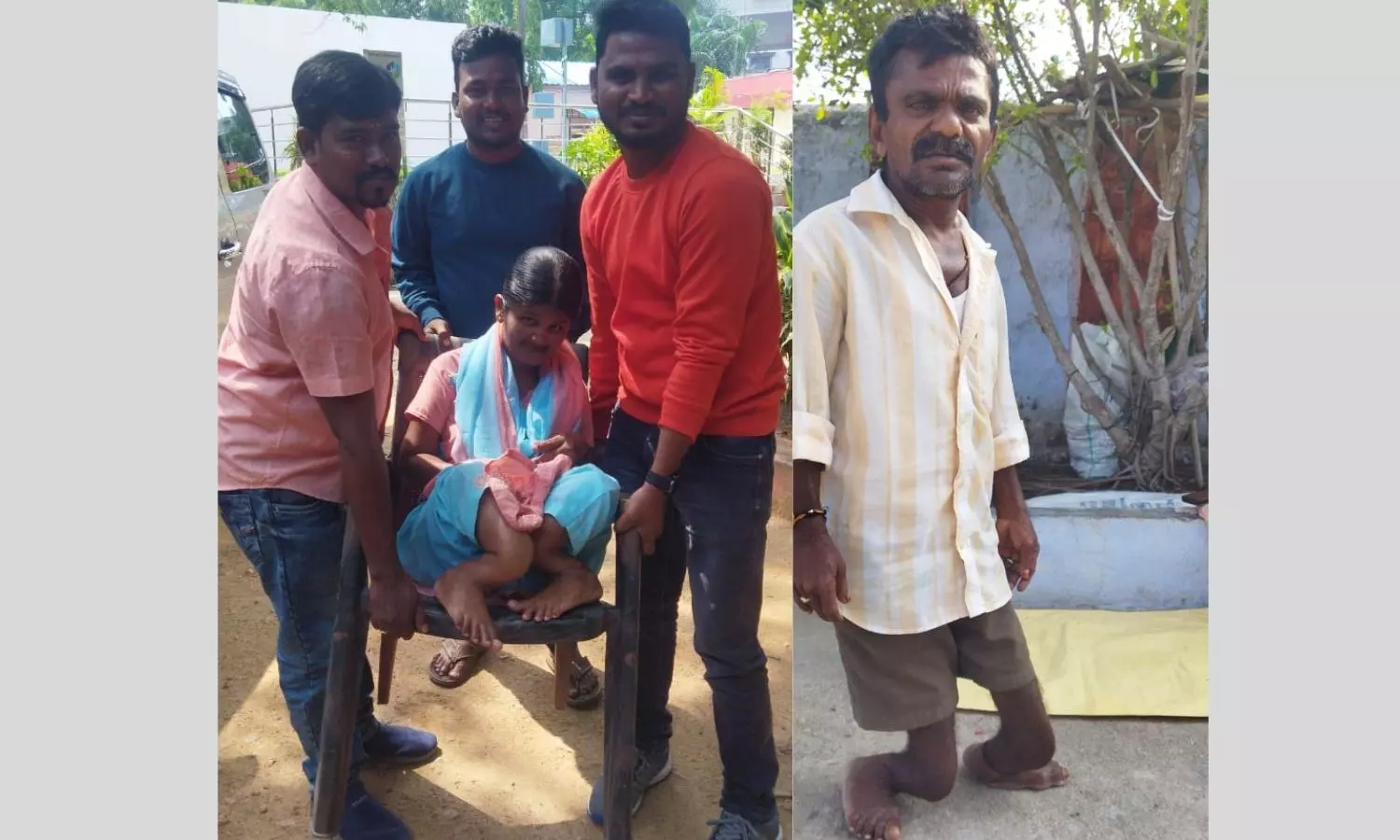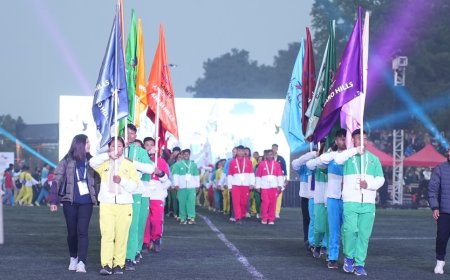New dental fluorosis cases emerge in Nalgonda
Nalgonda: Marriguda mandal in Nalgonda district, long recognised as a fluoride hotspot, has identified new instances of dental fluorosis among children, signalling persistent water contamination issues. Over 1,00,000 people in villages like Munugode, Nampally, Marriguda, and Devarakonda mandals suffer from fluorosis due to high fluoride levels in groundwater. The condition was first detected in Bhatlapally, Marriguda mandal, in 1945. Since then, excessive fluoride has been found in the groundwater of 967 habitations within the former Nalgonda district, affecting three generations and severely diminishing the quality of life with symptoms such as wrinkled legs and hands. In 2020, the BRS government announced no new fluorosis cases in Telangana. The Union health department also stated in Parliament that there are no arsenic-affected villages in the state, crediting Mission Bhagiratha — a flagship programme launched in 2015 aimed at providing piped, safe drinking water to every household. However, recent surveys in Munugode reveal a contrasting reality on the ground. During the Munugode bypolls, political parties have spotlighted the fluoride issue, challenging previous claims that the decades-old problem had been resolved. The detection of new fluorosis cases has been a shock, especially since consumption of rice and vegetables irrigated with fluoride-contaminated groundwater can worsen the disease. Following instructions from district collector Ila Tripathi, the health department launched a survey in Marriguda mandal. Medical teams have examined 6,932 people, identifying 53 dental fluorosis cases in Shivannagudem, 26 in Kondur, six in Marriguda, 18 in Indurthi, and 25 in Narsimhulaguden. Without intervention, these dental cases may progress to skeletal fluorosis, potentially crippling the victims. Deputy district medical and health officer Dr Kalyana Chakravarthi noted that new cases emerged within three days of the survey’s start, prompting comprehensive family checkups in the mandal. Additionally, yellow marks on the teeth of some children in Anganwadi centres were observed, indicating dental fluorosis. A detailed report will be submitted to the district collector soon. Kanchukatla Subash, convener of the Fluorosis Vimukthi Porata Samithi, attributed the rise in fluorosis cases to the use of water from RO plants during shortages in Mission Bhagiratha’s supply. He criticised RO plant operators for using groundwater for their businesses without testing for fluoride content, potentially leading to the new cases reported in the area.


Nalgonda: Marriguda mandal in Nalgonda district, long recognised as a fluoride hotspot, has identified new instances of dental fluorosis among children, signalling persistent water contamination issues.
Over 1,00,000 people in villages like Munugode, Nampally, Marriguda, and Devarakonda mandals suffer from fluorosis due to high fluoride levels in groundwater. The condition was first detected in Bhatlapally, Marriguda mandal, in 1945. Since then, excessive fluoride has been found in the groundwater of 967 habitations within the former Nalgonda district, affecting three generations and severely diminishing the quality of life with symptoms such as wrinkled legs and hands.
In 2020, the BRS government announced no new fluorosis cases in Telangana. The Union health department also stated in Parliament that there are no arsenic-affected villages in the state, crediting Mission Bhagiratha — a flagship programme launched in 2015 aimed at providing piped, safe drinking water to every household. However, recent surveys in Munugode reveal a contrasting reality on the ground.
During the Munugode bypolls, political parties have spotlighted the fluoride issue, challenging previous claims that the decades-old problem had been resolved. The detection of new fluorosis cases has been a shock, especially since consumption of rice and vegetables irrigated with fluoride-contaminated groundwater can worsen the disease.
Following instructions from district collector Ila Tripathi, the health department launched a survey in Marriguda mandal. Medical teams have examined 6,932 people, identifying 53 dental fluorosis cases in Shivannagudem, 26 in Kondur, six in Marriguda, 18 in Indurthi, and 25 in Narsimhulaguden. Without intervention, these dental cases may progress to skeletal fluorosis, potentially crippling the victims.
Deputy district medical and health officer Dr Kalyana Chakravarthi noted that new cases emerged within three days of the survey’s start, prompting comprehensive family checkups in the mandal. Additionally, yellow marks on the teeth of some children in Anganwadi centres were observed, indicating dental fluorosis. A detailed report will be submitted to the district collector soon.
Kanchukatla Subash, convener of the Fluorosis Vimukthi Porata Samithi, attributed the rise in fluorosis cases to the use of water from RO plants during shortages in Mission Bhagiratha’s supply. He criticised RO plant operators for using groundwater for their businesses without testing for fluoride content, potentially leading to the new cases reported in the area.






































